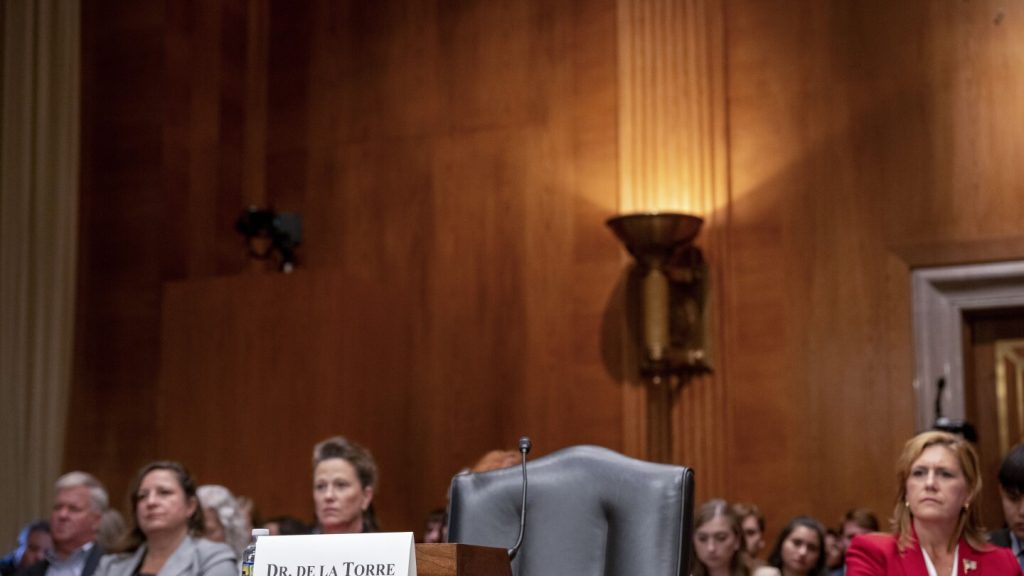De la Torre’s departure comes as a result of his failure to testify before a Senate panel investigating Steward Health Care’s bankruptcy filing. The company, which operates around 30 hospitals across the country, has faced scrutiny for its troubled financial history, particularly in New England where some of its hospitals are located. A spokesperson for de la Torre stated that he has left the company on amicable terms and will continue to advocate for better reimbursement rates for underserved patient populations.
The Senate Health, Education, Labor and Pensions Committee, chaired by Sen. Bernie Sanders, approved a resolution holding de la Torre in criminal contempt for his failure to appear before the panel. Despite being issued a subpoena, de la Torre did not testify, prompting Congress to seek accountability for what they perceive as his greed and the harm caused to hospitals and patients nationwide. The resolution has referred the matter to a federal prosecutor, further indicating the seriousness of the situation.
De la Torre’s resignation is set to take effect on October 1st, marking the end of his tenure as CEO of Steward Health Care. This development highlights the potential legal repercussions faced by corporate executives who fail to cooperate with congressional investigations. It also underscores the complexity and far-reaching implications of healthcare industry financial troubles, particularly as they impact vulnerable patient populations who rely on these institutions for care.
The ongoing investigation into Steward Health Care’s bankruptcy has revealed broader issues within the healthcare industry, with a focus on the financial practices of hospital operators and their impact on patient care. De la Torre’s departure may signal a new phase in holding corporate leaders accountable for their actions, particularly when they are perceived to have prioritized profit over patient well-being. The involvement of federal prosecutors in this case further emphasizes the severity of the situation and the need for transparency and accountability in the healthcare sector.
As the fallout from Steward Health Care’s bankruptcy continues to unfold, questions remain about the future of the company and the broader implications for the healthcare industry as a whole. The departure of de la Torre as CEO marks a significant moment in this saga, but it may also serve as a catalyst for change and reform within the industry. Ultimately, the outcome of this investigation will shed light on the complex relationship between healthcare providers, corporate interests, and patient care, shaping future policies and regulations to protect the interests of all stakeholders involved.
Moving forward, it will be crucial for both lawmakers and industry leaders to address the underlying issues that have contributed to the financial struggles of hospital operators like Steward Health Care. By holding individuals like de la Torre accountable for their actions, Congress aims to send a clear message that the well-being of patients and the financial stability of healthcare institutions must be the top priority. The resignation of de la Torre may be just the beginning of a broader reform effort within the industry, as stakeholders work to ensure that similar situations are prevented in the future and that patient care remains at the forefront of decision-making in the healthcare sector.


